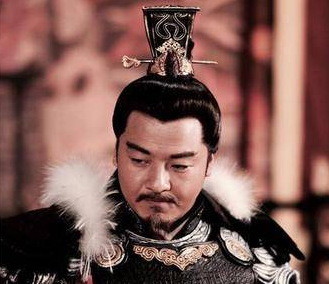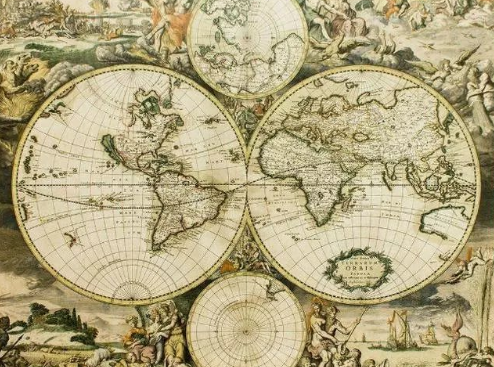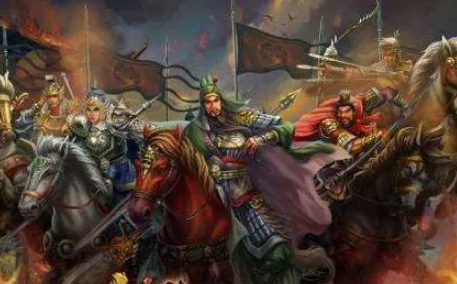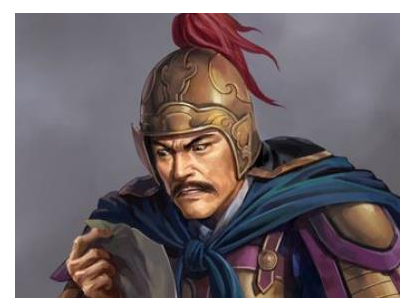During the Qing Dynasty, despite the closure of the country, some foreigners still chose to join Chinese nationality for various reasons. So, how did foreigners become naturalized citizens of China under that special historical background? This article will reveal this process by exploring relevant historical events and policies.

I. Historical Background of the Qing Dynasty
The Qing Dynasty (1644-1912) was the last feudal dynasty in Chinese history. In the early stage of the Qing Dynasty, in order to consolidate its rule, a series of maritime restrictions were imposed, limiting exchanges with foreign countries. However, over time, the Qing Dynasty gradually relaxed restrictions on foreign exchanges, especially after the Opium War, when contact with Western countries increased.
II. Ways for Foreigners to Join Chinese Nationality
1. Marriage Naturalization: During the Qing Dynasty, marriage between foreigners and Chinese citizens was a common way of naturalization. Through marital relations, foreigners could obtain the right to reside and work in China, and integrate into local society to some extent.
2. Political Naturalization: Some foreigners obtained nationality by serving in the Qing government or making contributions to the dynasty. For example, the Dutchman Fan Buhu was a typical case who obtained nationality by serving in the Qing government.
3. Religious Naturalization: During the Qing Dynasty, some foreign missionaries chose to join Chinese nationality in order to better spread religious beliefs. They strived to integrate into local society by learning Chinese, wearing Han clothing, and other means.
4. Cultural Naturalization: In the Qing Dynasty, some foreigners chose to join Chinese nationality due to their love and identification with Chinese culture. They gradually became members of Chinese society by learning Chinese, studying Chinese culture, and other means.
Conclusion:
During the Qing Dynasty, foreigners had various ways to join Chinese nationality, including marriage naturalization, political naturalization, religious naturalization, and cultural naturalization. These naturalization methods reflect the inclusiveness and diversity of Chinese society at that time. However, with the changes of history, the ways for foreigners to join Chinese nationality are also constantly evolving. Understanding this history helps us better understand China's naturalization policies and multiculturalism.
Disclaimer: The above content is sourced from the internet and the copyright belongs to the original author. If there is any infringement of your original copyright, please inform us and we will delete the relevant content as soon as possible.































